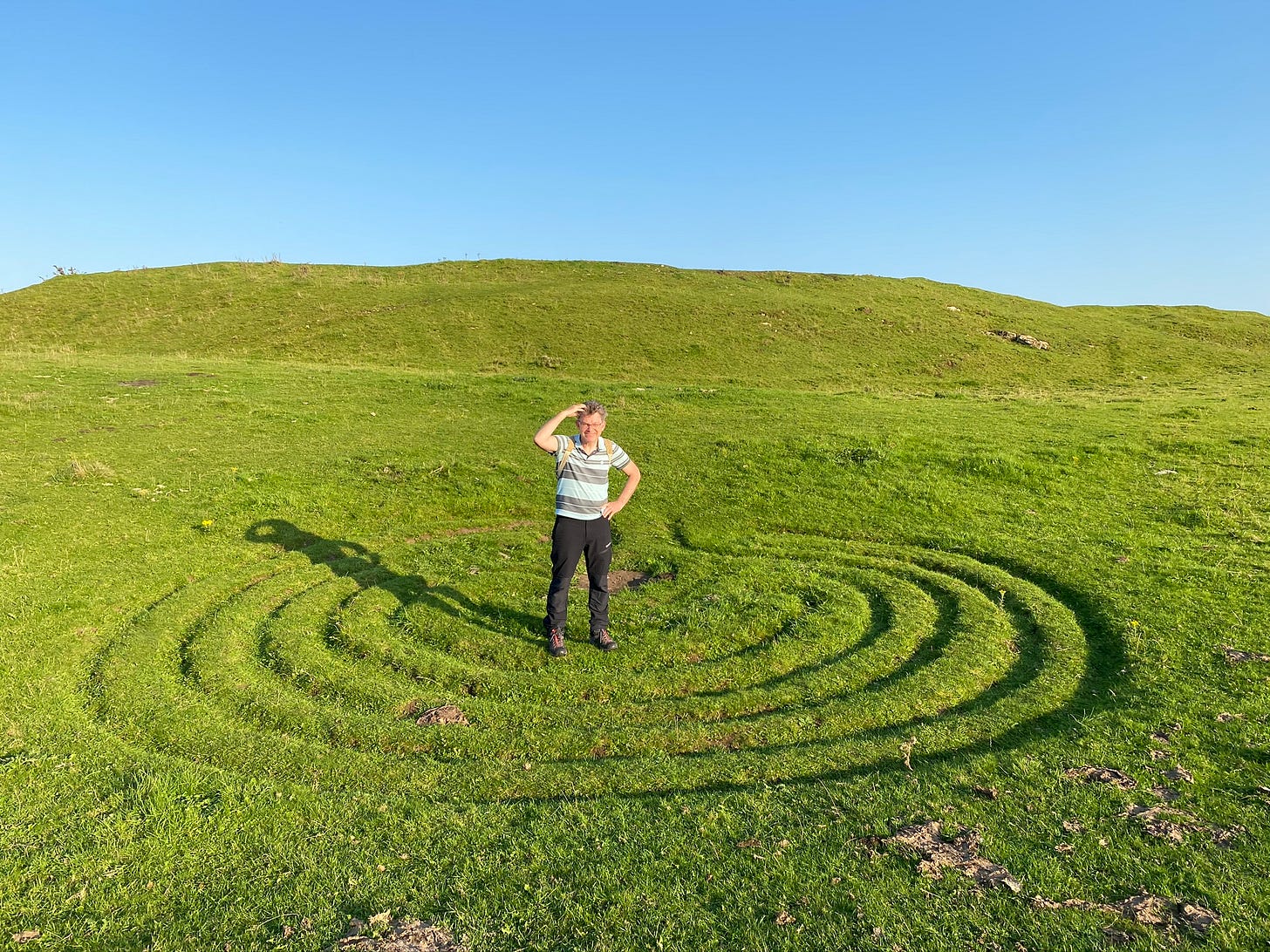US President Eisenhower was productive. During his two terms in office (1953 - 61), among his many achievements, he setup NASA, ended the Korean War and managed to keep the Cold War with Russia from getting hot. Eisenhower had to decide what to do with the many things that sought his attention daily. To help, he developed, what is now referred to as, the Eisenhower decision matrix which prioritises tasks by importance and urgency.
⚖️ Using the Eisenhower decision matrix
I have two kinds of problems, the urgent and the important. The urgent are not important and the important are never urgent. - President Eisenhower
I categorise potential tasks by importance and urgency then decide how to proceed. Importance, for me, relates to health, happiness, relationships, finance and work; your list may vary. Urgency relates to timescales, e.g. hour, day, month or year. According to this categorisation, tasks are one of four types:
🚀 Important and Urgent: Do first. Such tasks are both important and must be completed quickly. An example for me was helping my neighbour clear stones and rubble from the road after his wall had collapsed at midnight.
📆 Important and Not urgent: Schedule. These tasks should be addressed, but probably not immediately. They often have long term benefits and should be added to our calendar for attention at a later date. I often formulate ideas for the book I plan to write this year when out on a walk.
👉🏻 Not important and Urgent: Delegate. Such tasks are less important to you than others, but need short term attention. If possible, we should delegate responsibility to others with relevant skills or provide sufficient information so we do not block progress. When practical, rather than attend a meeting, I provide input by email.
✋ Not important and Not urgent: Don’t Do. There are certain tasks we should not do at all. We can busy ourselves with such activities, at the expense of other, more important, things. Discovering and ceasing bad habits is liberating. I have stopped spending hours per day listening to news.
You can put energy into things you control or things you don’t control. All the energy you put toward things you don’t control comes out of the energy you can put toward the things you can. - Shane Parrish
➕ Other resources
Getting Things Done book by David Allen
Eat That Frog book by Brian Tracy
Make Time post by Phil Martin
Next time you are in the middle of an important task and your phone pings, consider how likely it is to be more important. Even better, silence your phone until your important task is complete.
Have fun.
Phil…


